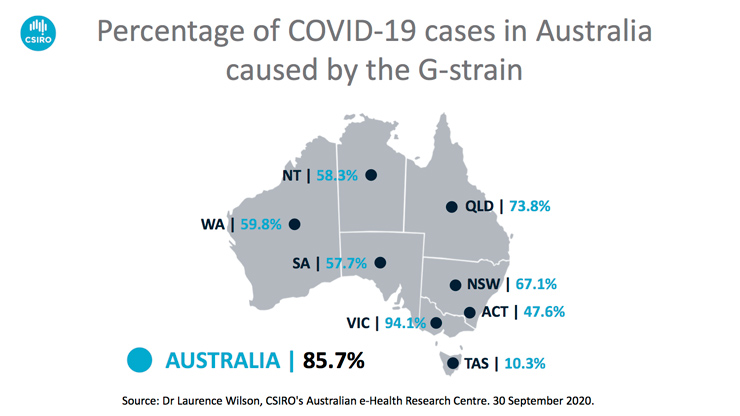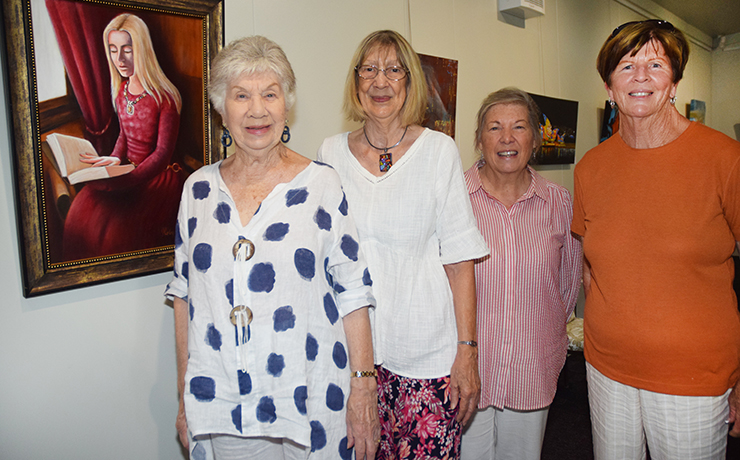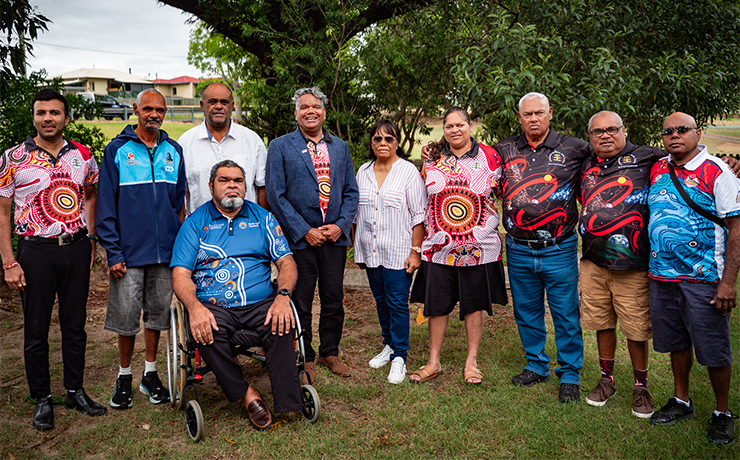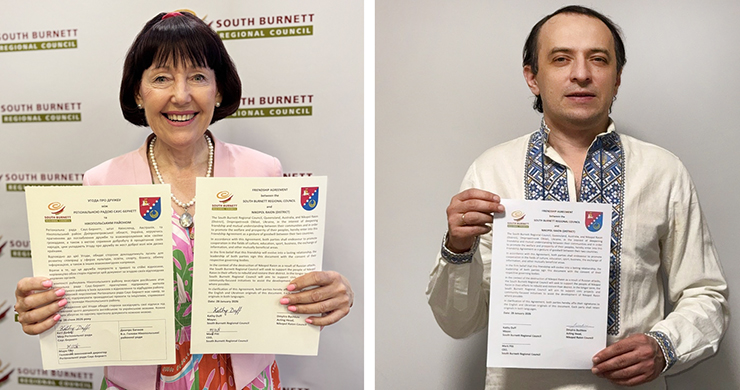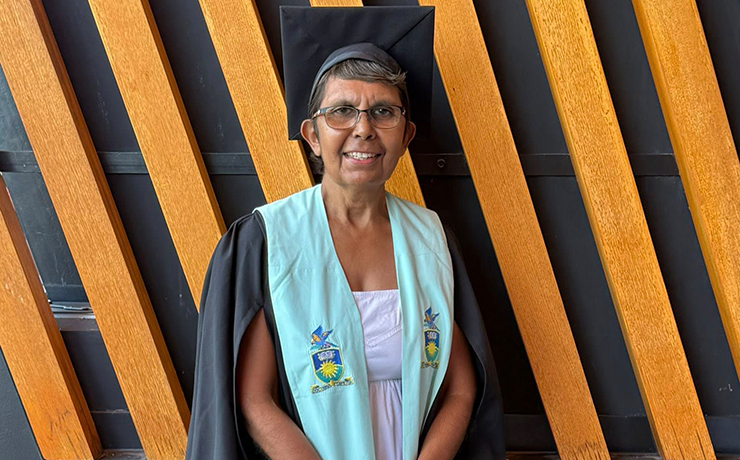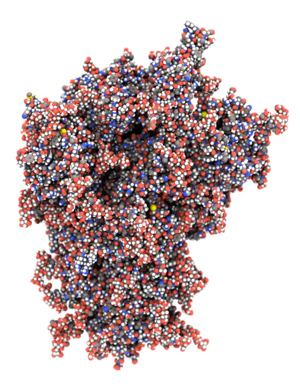
October 9, 2020
CSIRO researchers have shared some good news about SARS-CoV-2, the virus that causes COVID-19.
Their research has shown potential vaccines should not be affected by how the virus has changed since it was first detected.
A CSIRO spokesperson said most vaccines under development around the world have been modelled on the original “D-strain” of the virus, which was more common early in the pandemic.
Since then, the virus has evolved into the “G-strain” which is now more dominant around the world and makes up about 85 per cent of SARS-CoV-2 genomes published.
There had been fears the G-strain, or the “D614G mutation” within the main protein on the surface of the virus, could have a negative affect on vaccines under development.
However researchers have found no evidence the change will adversely impact the efficacy of potential vaccines.
And it means that – unlike the flu, which requires yearly vaccinations as the virus changes – a vaccine against SARS-CoV-2 should provide longer protection.
CSIRO chief executive Dr Larry Marshall said the research was critically important in the race to develop a vaccine.
“This brings the world one step closer to a safe and effective vaccine to protect people and save lives,” Dr Marshall said.
“Research like this, at speed, is only possible through deep collaboration with partners both in Australia and around the world.
“We are tackling these challenges head-on together and delivering real world solutions from world-leading Australian science.”
CSIRO’s Dangerous Pathogens team leader Dr S.S. Vasan said most potential COVID-19 vaccines were targeting the virus’ “spike protein” as this binds to receptors in the lungs and airways, the entry point to infect cells.
“Despite this D614G mutation to the spike protein, we confirmed through experiments and modelling that vaccine candidates are still effective,” Dr Vasan said.
“We’ve also found the G-strain is unlikely to require frequent ‘vaccine matching’, where new vaccines need to be developed seasonally to combat the virus strains in circulation, as is the case with influenza.”
CSIRO recently concluded pre-clinical studies for two potential vaccines – from Inovio Pharmaceuticals and the University of Oxford – with peer-reviewed reports to be published in coming months.
